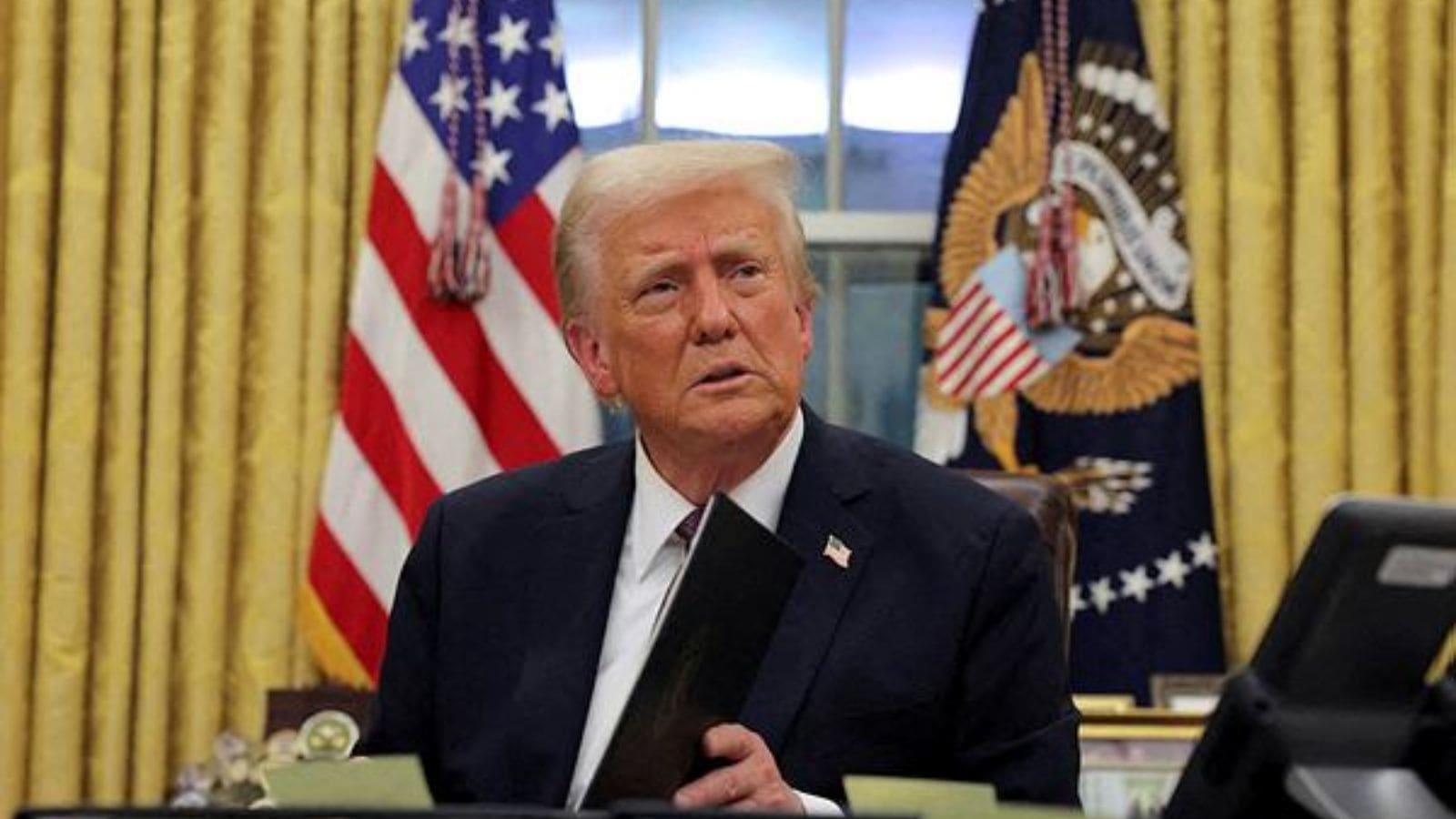
Secretary of State Marco Rubio Embarks on His First Official Overseas Trip
Marco Rubio, the recently appointed Secretary of State, is set to embark on his inaugural overseas mission as the top diplomat of the United States this Saturday. The six-day journey will commence in Panama, where Rubio aims to further President Donald Trump’s foreign policy objectives.
Reinforcing American Influence in Latin America
Rubio’s trip signifies the administration’s intent to bolster America’s geopolitical influence in Latin America. During his inaugural address, President Trump emphasized his ambition to “take back” the Panama Canal, a sentiment echoed by Special Envoy for Latin America, Mauricio Claver-Carone, during a press briefing on Friday. Claver-Carone stressed that Rubio’s visit aims to herald a “Golden Age” for the U.S.
“This trip symbolizes the resurgence of American greatness and the beginning of a new Golden Age,” said Claver-Carone, asserting that the “21st century will also belong to America.”
A Historic Journey
This trip stands out historically as it marks the first instance in over a century that a Secretary of State has chosen Latin America as their first international destination. Claver-Carone remarked that the last occurrence was in 1912 when Secretary of State Philander Chase Knox visited Panama to supervise the completion of the Panama Canal.
“This trip sends a clear message of returning to that era of U.S. leadership in the Americas,” Claver-Carone emphasized.
Key Discussions on Migration and Security
Rubio is scheduled to meet with Panamanian President José Raúl Mulino, with discussions expected to revolve around critical issues such as migration, drug trafficking, and China’s increasing presence surrounding the Panama Canal. The Trump administration has voiced concerns regarding Chinese companies operating at both ends of the canal, fearing that the Chinese Communist Party (CCP), which has considerable influence over these entities, could pose a substantial threat to U.S. national security.
Concerns Over Chinese Influence
Officials have warned that if the CCP were to exert control over canal operations, it could jeopardize U.S. trade routes. Despite these concerns, Panamanian President Mulino adamantly denies any external influence over the canal. In a press conference on Thursday, he reiterated Panama’s sovereignty over the waterway.
“It’s impossible; I can’t negotiate,” Mulino stated when asked about the possibility of discussions regarding ownership of the canal. “The canal belongs to Panama. That is a settled matter.”
According to Mulino, any uncertainty regarding the canal’s control arose from a decision made by his predecessor to sever diplomatic ties with Taiwan and establish relations with China in 2017. This move facilitated a Hong Kong-based consortium’s management of key ports at both ends of the canal, which has fueled speculation about Chinese influence. However, Panama maintains that the canal remains under its jurisdiction.
Addressing Broader Security Threats
Even in the face of Mulino’s reassurances, Claver-Carone contends that the involvement of Chinese companies in sectors such as telecommunications, infrastructure, and logistics poses a broader security risk to both U.S. and Panamanian interests. The Trump administration is keen to tackle these threats head-on during Rubio’s visit.
Destinations Across Central America
Beyond Panama, Rubio’s diplomatic tour will take him to El Salvador, Costa Rica, Guatemala, and the Dominican Republic, where he is scheduled to meet with the respective presidents. Key objectives for the trip include addressing pervasive gang violence, ongoing migration crises, drug trafficking issues, and countering the growing influence of China across the region. Rubio is expected to conclude his mission and return to the U.S. on Thursday.
A Renewed Commitment
This trip encapsulates the Trump administration’s focus on reasserting U.S. dominance in Latin America while tackling crucial issues affecting the hemisphere. As Secretary Rubio initiates his international tenure, this mission signifies a revitalized commitment to advancing an “America First” policy throughout the region.
Conclusion
Marco Rubio’s first overseas trip as Secretary of State promises to be a landmark event, not only for U.S. foreign policy but also for its implications in Latin American relations. With a focus on strengthening ties and addressing security challenges, Rubio’s journey marks a significant step towards reaffirming American interests in a rapidly changing geopolitical landscape.